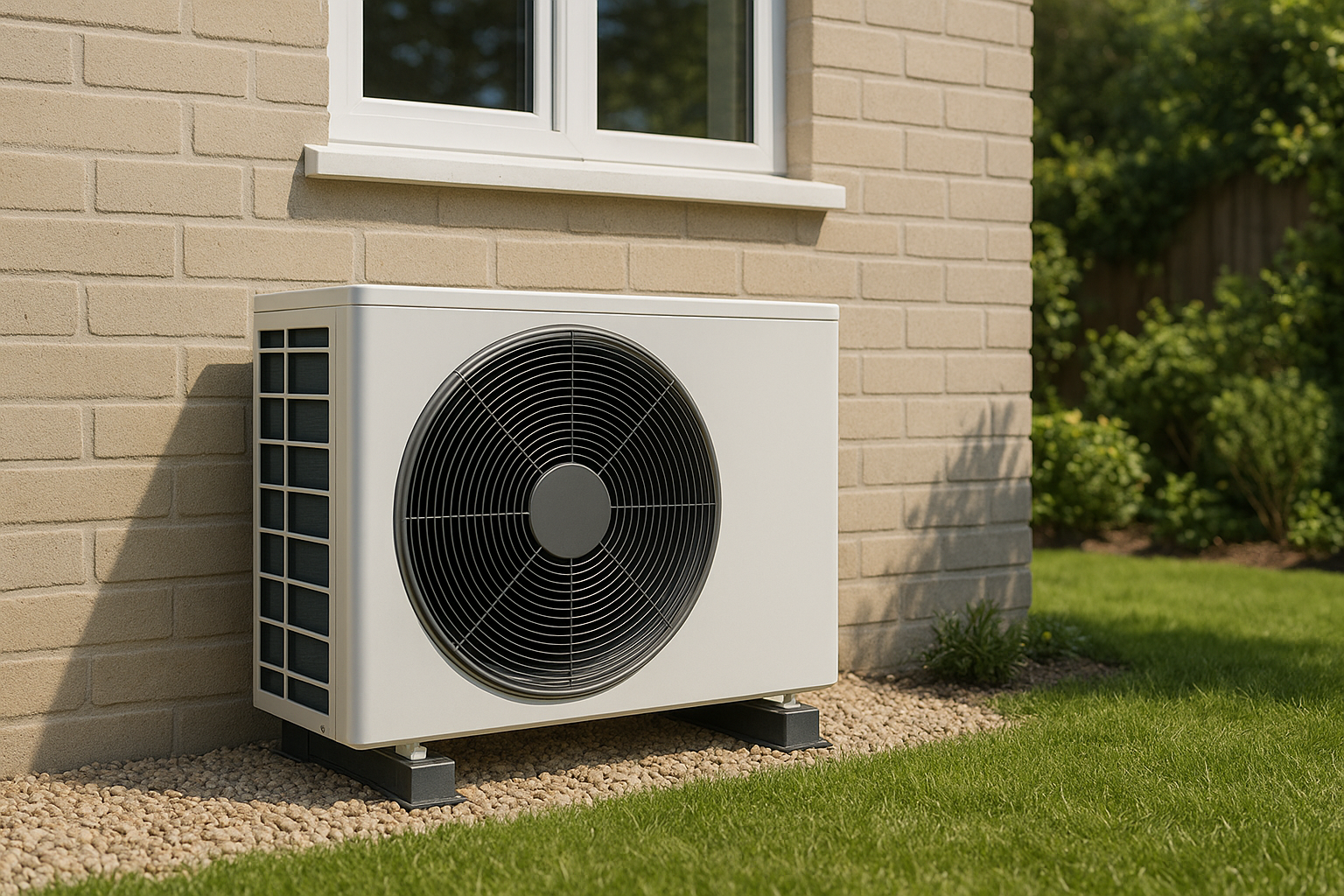Choosing the right heating system is a big decision for UK homeowners. With the government encouraging more sustainable home energy upgrades, understanding the differences between traditional gas boilers and modern heat pumps is increasingly important. This guide will clearly explain both technologies, their costs, benefits, environmental impact, and what to expect from installation and ongoing maintenance.
Quick Comparison
Side-by-side comparison of key factors
| Category | Gas Boiler | Heat Pump |
|---|---|---|
| Installation Cost | £2,000–£4,000 | £8,000–£15,000**After government grants |
| Installation Time | 1–2 days | 2–5 days |
| Lifespan | 10–15 years | 20–25 years |
| Efficiency | 90–95% | 300–400% |
| CO₂ Emissions | ~2.5 tonnes/year | 40–70% less |
| Maintenance | Annual (£50–£100) | Every 2–3 years (£100–£150) |
Complete Heating System Guide
Dive deep into every aspect of heat pumps vs gas boilers to make the right choice for your home
01
Understanding the Technology
Gas Boilers:
• Burn gas to heat water that flows through your radiators and taps
• Common, reliable, and easy to install
• Work well with most existing UK heating systems
Air Source Heat Pumps:
• Take heat from the outside air and use electricity to move it into your home
• Very efficient - they produce about 3 times more heat than the electricity they use
• Have an outdoor unit about the size of an air conditioning unit
Ground Source Heat Pumps:
• Take heat from the ground through pipes buried underground
• Even more efficient but cost more to install because of the ground work needed
02
Installation Costs & Government Incentives
Gas Boilers:
• Cost to install: £2,000–£4,000
• Quick installation (1–2 days)
Air Source Heat Pumps:
• Cost to install: £8,000–£15,000
• Installation takes 2–5 days
• You might need bigger radiators or better insulation
• Government grants up to £7,500 available through the Boiler Upgrade Scheme
• No VAT until 2027, saving you thousands more
Ground Source Heat Pumps:
• Cost to install: £20,000+
• Need lots of ground work
• Also get government grants
03
Running Costs and Efficiency
Gas Boilers:
• High efficiency (90-95%), but burn fossil fuels
• Running costs typically lower due to current low gas prices, but subject to future increases
Heat Pumps:
• Higher efficiency (300-400%); they generate more heat per unit of electricity consumed
• Slightly higher running costs on standard electricity tariffs, but comparable to boilers when using specialised tariffs
• Costs can be reduced significantly with smart tariffs or solar panel integration
04
Lifespan and Maintenance
Gas Boilers:
• Typical lifespan: 10–15 years
• Annual servicing required for safety and efficiency (~£50–£100 per service)
• Higher likelihood of repairs after 10 years
Heat Pumps:
• Typical lifespan: 20–25 years
• Servicing every 2–3 years (~£100–£150 per service)
• Lower maintenance needs overall, no combustion safety concerns
05
Environmental Impact
Gas Boilers:
• Produce significant CO₂ emissions (~2.5 tonnes per year per home)
• Contribute to air pollution (NOx emissions)
• Dependent entirely on fossil fuels
Heat Pumps:
• Reduce carbon emissions by 40–70% compared to boilers
• Electricity increasingly sourced from renewables in the UK, further reducing emissions over time
• No local air pollution, safer for indoor air quality
06
Practical Considerations
Gas Boilers:
• Minimal space required, often fitting easily into existing setups
• Silent operation but require a flue for exhaust gases
Heat Pumps:
• Outdoor unit requires suitable placement with good airflow, away from windows (noise similar to air conditioning units)
• Additional space indoors for a hot water cylinder if replacing a combi boiler
• Potential requirement for radiator upgrades or underfloor heating for optimal efficiency
07
Choosing the Right Option for Your Home
If upfront cost and quick installation are priorities
A gas boiler may be most suitable.
If looking for long-term savings, reduced emissions, and future-proofing your home
An air source heat pump is likely the best investment.
If renovating or building new
Installing a heat pump at this stage is highly advantageous, allowing tailored design for maximum efficiency.
08
Making the Transition to a Heat Pump
If choosing a heat pump, consider these steps:
1. Conduct a thorough heat-loss assessment of your home
2. Ensure your insulation and windows meet modern standards
3. Evaluate and possibly upgrade radiators or consider underfloor heating
4. Select an experienced, certified installer familiar with heat pump installations
5. Apply for available government grants and incentives to reduce upfront costs
Government Support Available
Boiler Upgrade Scheme
Get up to £7,500 grant towards air source heat pump installation costs.
- • Available for eligible properties
- • Reduces upfront costs significantly
- • Applied directly by certified installers
0% VAT
Zero VAT on heat pump installations until 2027, saving additional thousands.
- • Applies to equipment and installation
- • Temporary incentive until 2027
- • Further reduces total project cost
